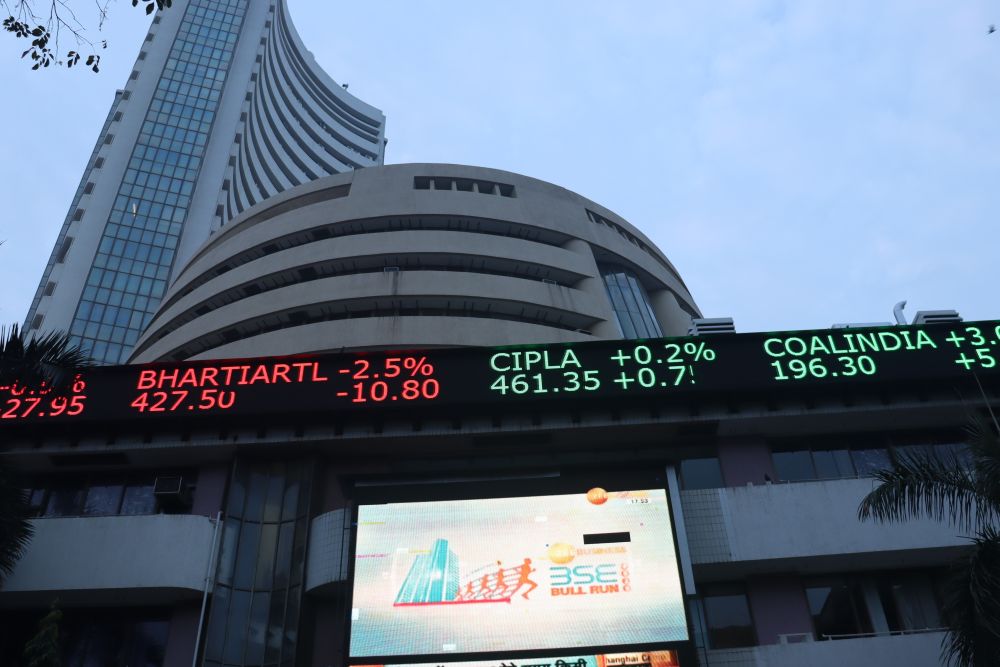 |
|
Economic improvement in China and the fiscal prudence of emerging economies are giving developing markets a boost. We expect emerging market equities to continue to outperform developed market equities following the recent rally which stemmed from a mix of better economic growth and investors warming to their attractive valuations.
There is increasing evidence that a recovery in emerging economies is taking place, fuelled by a rise in external demand, and it seems that economic momentum might be shifting in favour of emerging markets.
Emerging equities are attractively valued, and the 25% discount to developed market stocks looks unjustified given improved longer-term prospects. Continued investment inflows into emerging stocks suggest sentiment towards the asset class is improving, adding momentum to the current rally.
Our exposure to China has increased on valuation grounds and in India on the strength of the new government's reform agenda. A combination of political risk, weak economic growth and high inflation means we are cautious on Brazil, South Africa and Turkey. Russian exposure has been decreased as we do not see a short-term resolution to the crisis in Ukraine.
Furthermore, aggressive sanctions on Russia's financial, defense and energy sectors by US and European leaders could hurt the developed European economy.
In the debt markets, emerging markets are favoured over developed, particularly US dollar emerging market debt, whilst many developed market bonds look expensive. The yield on hard currency debt compares attractively to both global government bonds and US investment grade debt.
China aside, governments in the developing world are not resorting to fiscal stimulus as a way of kick-starting growth. Emerging market bonds have seen US$13 billion of inflows since the second quarter of 2014 (source: EPFR). US dollar debt dominates the inflows, as many investors remain concerned over currency volatility of local emerging market debt.
We see scope for emerging currencies to weaken against the USD, hence our continued caution with local currency debt. Weaker currencies should help boost exports, cut domestic demand for imported goods and reduce current account deficits.
In contrast, the Eurozone economy remains fragile. Leading indicators are now in negative territory as growth momentum is slowing down, credit growth remains subdued and deflationary risks are still present. Geopolitical tensions over Ukraine and Russia are starting to affect business sentiment in Germany, which is a concern. Japan's economic data has turned softer in recent months, although not weak enough to prompt the Bank of Japan to ease its monetary policy in the immediate future. US equities exhibit strong fundamentals but look fully valued and overbought.
With yields at unsustainably low levels, we have retained our underweight in developed market bonds, and have reduced our overweight in cash.
Our overall position in global equities has increased to neutral level, mostly through an increased allocation to emerging market equities.
Luca Paolini is the chief strategist at Pictet Asset Management









